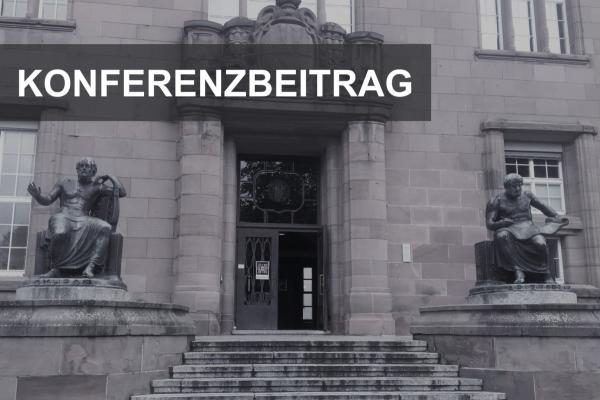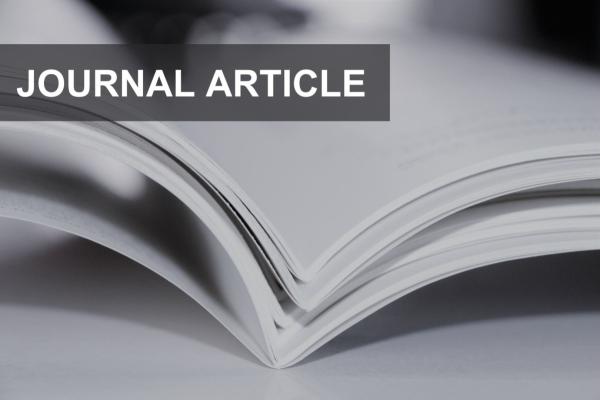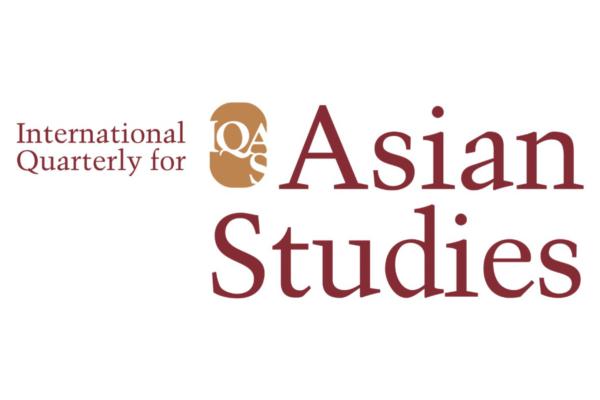Wissenschaftliche Publikationen
Das Arnold-Bergstraesser-Institut (ABI) veröffentlicht seine wichtigsten Forschungsergebnisse in hochrangigen referierten Zeitschriften, in renommierten Buchreihen sowie in Publikationen, die ein breites Publikum ansprechen. Die hauseigene Working Paper-Series unterstützt dieses Vorhaben. Mit dem International Quarterly for Asian Studies (vormals Internationalen Asienforum) publiziert das ABI eine wichtige referierte Open-Access-Fachzeitschrift der Asienforschung.
Eine aktuelle Liste der Publikationen findet sich im Jahresbericht.

Die Ergebnisse wichtiger Forschungsprojekte werden in Monographien bei renommierten Verlagen veröffentlicht. Mitarbeiter*innen des ABI fungieren auch als Herausgeber*innen thematischer Sammelbände und Special Issues.
Zur aktuellen Liste der Monographien und Herausgeberschaften der ABI-Mitarbeiter*innen.
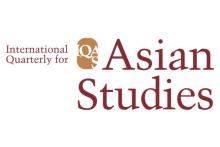
IQAS (International Quarterly for Asian Studies) ist seit 1970 eine der führenden wissenschaftlichen Zeitschriften zu Asien in Deutschland. Es bietet ein Forum für multidisziplinäre Forschung zu aktuellen und historischen Themen, die für Politik, Wirtschaft und Gesellschaft im heutigen Asien relevant sind. Es will die Ergebnisse der sozialwissenschaftlichen Asienforschung einem breiteren öffentlichen Diskurs über Asien bekannt machen. Die Beiträge richten sich an ein Publikum, das sich bewusst ist, dass die Regionen und Kulturen der Welt seit jeher miteinander verflochten sind und daher in Beziehung zueinander verstanden werden müssen.
Die Zeitschrift erscheint vierteljährlich bzw. halbjährlich als Doppelheft sowohl in einer Print- als auch in einer Open-Access-Version. Sie wird vom ABI herausgegeben.
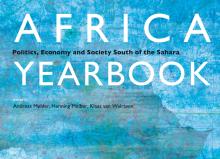
Das Africa Yearbook befasst sich mit den wichtigsten innenpolitischen Entwicklungen, der Außenpolitik und den sozioökonomischen Trends in Subsahara-Afrika - jeweils bezogen auf die Entwicklungen in einem Kalenderjahr. Das Jahrbuch enthält Artikel zu allen Staaten südlich der Sahara, zu jeder der vier Subregionen (West-, Zentral-, Ost-, Südliches Afrika) mit Schwerpunkt auf wichtigen grenzüberschreitenden Entwicklungen und subregionalen Organisationen sowie einen Artikel zu kontinentalen Entwicklungen und einen zu den afrikanisch-europäischen Beziehungen. Obwohl die Artikel von hoher wissenschaftlicher Qualität sind, richtet sich das Jahrbuch in erster Linie an eine Vielzahl von Zielgruppen: Studierende, Politiker*innen, Diplomat*innen, Verwaltungsbeamtete, Journalist*innen, Lehrer*innen, Praktiker*innen im Bereich der Entwicklungshilfe sowie Geschäftsleute. (brill.com)
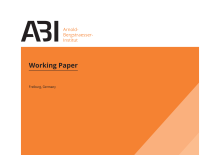
Die ABI Working Papers-Reihe dient der Verbreitung von Forschungsergebnissen im Rahmen von laufenden Arbeiten, um den Austausch von Ideen und wissenschaftlichen Diskursen zu fördern. Die Working-Paper stammen aus dem Kontext der Arbeit des ABI und Assoziierten. Sie durchlaufen einen hausinternen Review-Prozess.
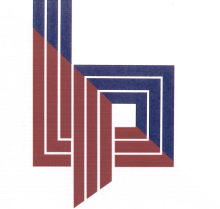
Bis 2016 sind im ABI-Verlag die Monographien-Reihen „Freiburger Schriften zur Politikwissenschaft“ und „Freiburger Beiträge zur Entwicklung und Politik“ erschienen. Außerdem hat der ABI-Verlag eine Reihe weiterer Monographien veröffentlicht.
Freiburger Schriften zur Politikwissenschaft


